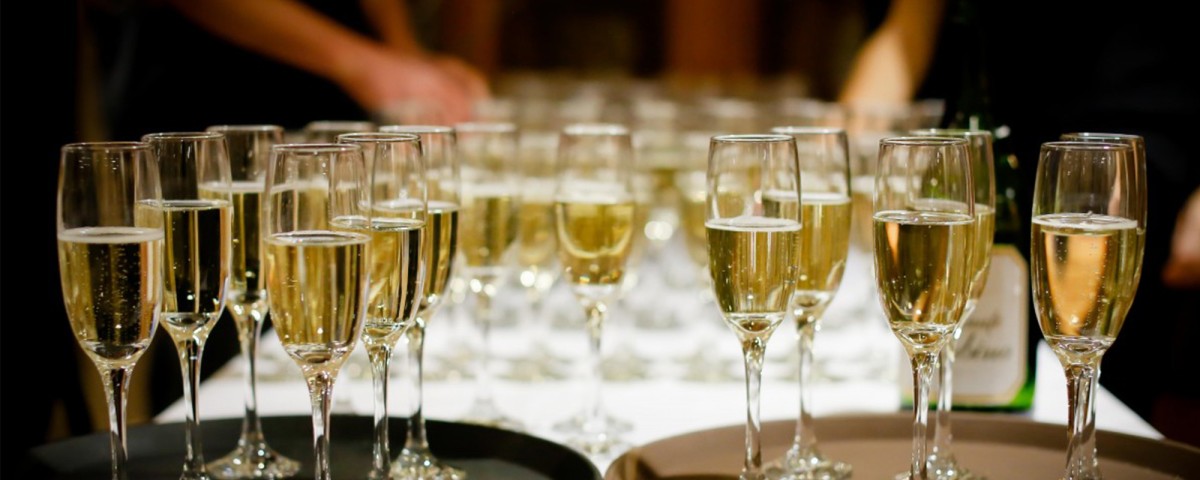
My Perspective
My personal story of why I don’t drink alcohol any more is, I’m afraid, rather boring. It doesn’t involve any principled grounds based on religious or cultural considerations; nor any medical reasons. The truth is that I haven’t really drunk alcohol since university where - like for many people - alcohol was a means of socialising. Mainly so as to join in as part of a shared lived experience of being intoxicated, usually in environments that were dimly lit and filled with loud music. Indeed, to this day, I am convinced that being somewhat drunk is the only tolerable way to experience a nightclub, although I hesitate to repeat this experiment now while sober.
I’m also conscious that for me, giving up alcohol wasn’t a major sacrifice. As with my university friend Emily, whose path into vegetarianism was facilitated by not actually liking the taste of meat very much at all, I’m afraid that I never really liked alcohol, which made giving it up much easier (that is, save for a specific kind of seasonal wine from the German Rhineland, which I’m aware makes me seem simultaneously like an alcohol basher as well as the worst kind of wine snob).
It was, I think, fairly early on in my legal career – when I was a trainee solicitor – that I made a decision not to drink any more at work events for the sake of joining in. This was around 2016. I’d already stopped drinking at social events in my personal life, and found out that I was perfectly happy conversing with friends and strangers alike while sober.
The Shift in Culture
I remember that most people didn’t really care either way if I drank or not. For the most part, my main gripe was the lack of non-alcoholic options, such that I ended up sipping a lot of orange juice and sparkling water. Fun fact – the two don’t mix at all.
In fact, the only real pushback I had at the time was from a senior Real Estate solicitor at my firm who expressed some minor shock and who pulled me to one side in confidence, saying “you’ll never get anywhere in the Real Estate world, you know, if you don’t drink”. It was, I think, well-intentioned, and gave me some pause for thought at the time. Happily, though, I don’t feel that his prediction has been borne out in practice.
What he said might perhaps have been true in his formative years in the 1980s or 1990s. Stories abound of City juniors having to trek to the pub on Fridays to bring invoices and cheques to senior partners to sign - the latter group having left the office at 11am for a long and typically fairly liquid lunches with clients and/or senior colleagues. But that sort of thing simply doesn’t happen anymore for a long list of reasons - rather than being baked into the social fabric of the working day, alcohol is generally only encountered these days at evening events, such as networking drinks, seminars or office parties. And then, it will more often than not be accompanied by a variety of non-alcoholic beverages ranging from soft drinks to zero-alcohol wine, elderflower cordial and mocktails.
Job done, some might say.
Or is it?
The fact remains that many work-based social activities and events in the UK and especially in the City of London still primarily revolve around drinks. While it is something that I have “grown up” with and am personally comfortable with, I acknowledge this is not universal. The reasons for this are pragmatic and go beyond ideology or cultural identity. To name just two, off the top of my head: i) some people may not drink or like drinking alcohol for religious or cultural reasons, and ii) others may have a medical history of alcohol use than means they are uncomfortable being in an environment where a primary feature is the consumption of alcohol. These are valid points that should be considered in the interests of fairness and inclusion.
Alternative Options
To be clear - what this does not mean is that drinks-based events should be banned. Far from it. If people want to head down to the pub with their friends from work or otherwise, they’re very welcome to. But rather, it’s more of a suggestion to people organising work social events that alternatives are also available. It’s about connecting in different ways and recognising that there are other ways to build relationships at work, whilst making space for everyone to join in comfortably. Coffee mornings and breakfasts. Lunchtime runs (dreadfully wholesome, I know). Team-building activities like arts and crafts, axe-throwing and a myriad of other corporate-focused offerings that seem to have sprung up from nowhere over the past decade or so. Also – to underscore the point that this is about shifting the main focus of the activity away from drinking rather than banning alcohol altogether – a lot of these activities do in fact offer alcohol. The difference, of course, is that people having a glass of wine while painting teacups at a ceramic café is a fundamentally different experience compared to weekly department drinks down the pub.
And who knows - it might even be a nice change once in a while.
Chris Lee
ED&I Committee member